Why Are Espresso Machines So Expensive?

When you step into the world of specialty coffee, one question that often lingers in the minds of enthusiasts is, "Why are espresso machines so expensive?" Beyond their sleek designs and intricate mechanisms, espresso machines carry a price tag that can leave many puzzled. In this article, we're here to break down the factors that contribute to the high cost of espresso machines, helping you understand why investing in a quality machine is worth every penny.
Craftsmanship and Engineering Excellence
At the heart of every espresso machine lies a symphony of precision engineering and craftsmanship. Building an espresso machine requires intricate design, top-notch materials, and skilled labor. Manufacturers invest heavily in research and development to create machines that consistently produce the perfect shot of espresso. These machines are often hand-assembled, ensuring that each component functions seamlessly and guarantees durability.
Quality of Materials
Espresso machines are built to last, and that requires the use of premium materials. Stainless steel, brass, and copper are commonly used to construct the boilers, frames, and critical components. These materials not only ensure longevity but also contribute to the machines' superior heat retention properties, essential for consistent brewing.
Pressure and Temperature Control
The ability to maintain precise pressure and temperature levels is the hallmark of a quality espresso machine. Achieving this level of control requires advanced technology, including high-performance pumps, sophisticated thermostats, and pressure profiling systems. The integration of these components ensures that your espresso is extracted with utmost precision, resulting in the ultimate flavor experience.
Commercial-Grade Components
Espresso machines designed for both homes and commercial spaces often share similar technologies. Even in compact home machines, manufacturers incorporate components akin to those in commercial-grade machines. These components are engineered to withstand rigorous use and guarantee consistent performance over time.
Specialized Features and Functionality
Many espresso machines offer additional features such as programmable settings, multiple boilers, and steam wands with adjustable controls. These functionalities not only enhance your brewing experience but also contribute to the machine's overall cost. The incorporation of these features requires intricate electronic systems and advanced programming, adding value to the final product.
Brand Prestige and Reputation
Just as with any other product, brand reputation and prestige play a role in pricing. Established and reputable brands often command higher prices due to their proven track record of quality, performance, and customer satisfaction.
Are Espresso Machines Worth It?
While the initial cost of an espresso machine might seem steep, it's essential to view it as a long-term investment. A well-maintained, high-quality machine can serve you for years, consistently delivering top-tier espresso and espresso-based drinks. Over time, the cost per cup of coffee brewed at home becomes significantly lower than what you'd pay at a café.
In conclusion, the expense of espresso machines is a direct reflection of the precision engineering, quality materials, advanced technology, and craftsmanship that go into creating them. When considering an espresso machine purchase, remember that you're not just buying a machine; you're investing in the art of brewing perfection in the comfort of your home. So, while the price tag might seem high, the exquisite taste and long-term satisfaction it brings make it a worthwhile endeavor for any coffee connoisseur.
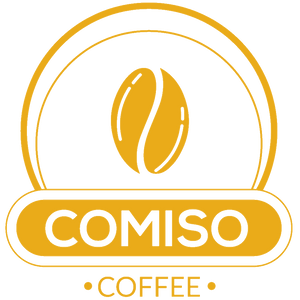

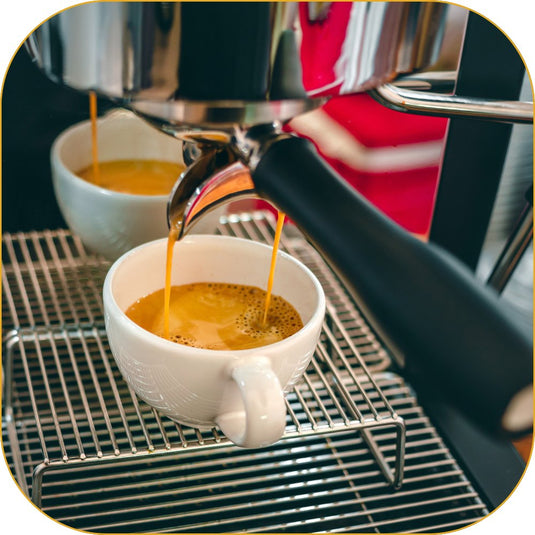





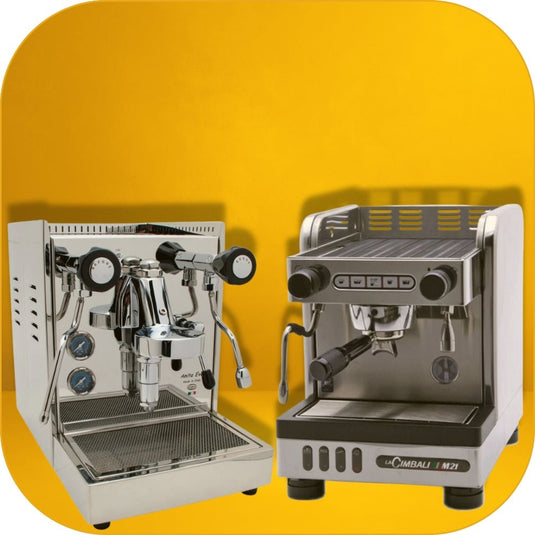

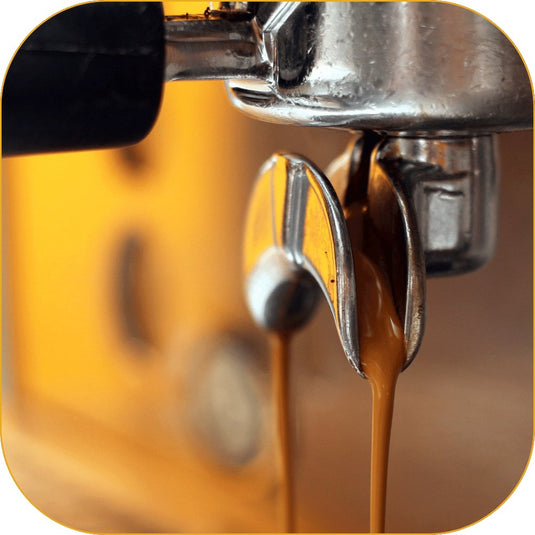
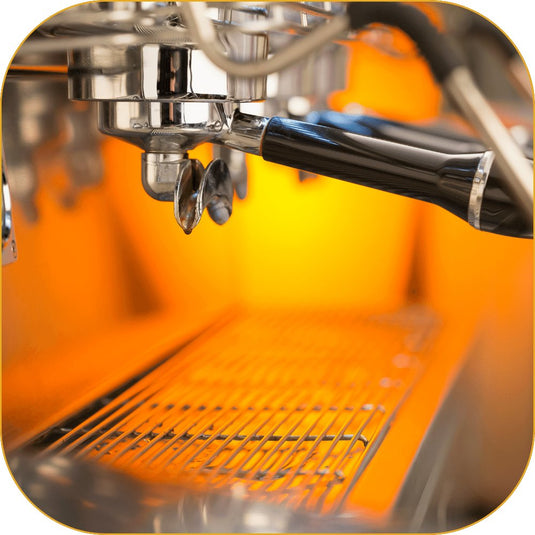

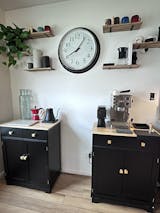





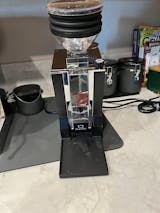
Very interesting read, thank you for the insight.